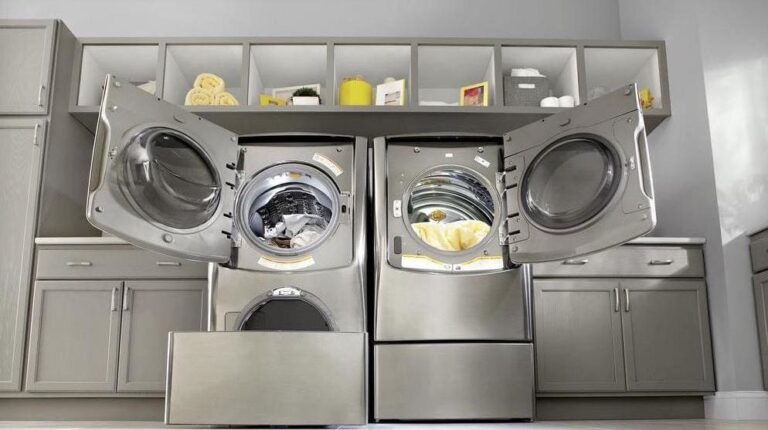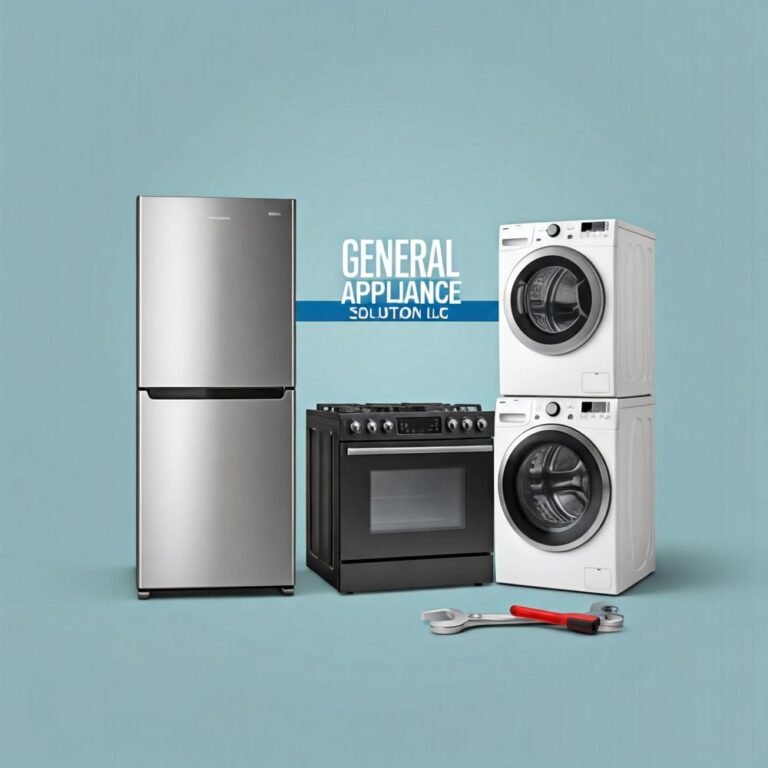Home Appliance Recycling Programs Overview
In today’s world, recycling home appliances has become more important than ever before. As technology continues to advance, our old appliances quickly become obsolete, creating a massive environmental challenge. Home appliance recycling programs help mitigate this issue by ensuring that discarded appliances are properly disposed of and that valuable materials are reused. These programs not only contribute to reducing electronic waste but also promote sustainability by recovering metals, plastics, and other recyclable components. Whether you’re a homeowner looking to recycle your old refrigerator or a business seeking environmentally-friendly disposal methods, understanding home appliance recycling is crucial.
In this article, we’ll explore the significance of home appliance recycling programs, how they work, and why they matter to both individuals and businesses. By understanding these programs, you can make informed decisions about how to dispose of your appliances responsibly.
What Are Home Appliance Recycling Programs?
Home appliance recycling programs are structured initiatives designed to help individuals and businesses responsibly dispose of unwanted or broken appliances. These programs focus on diverting appliances from landfills, preventing hazardous materials from polluting the environment. Items such as refrigerators, washers, dryers, microwaves, and even small appliances like toasters are typically included in these programs. By participating in these programs, consumers ensure that components like metals, glass, and plastics are reused, reducing the need for raw materials and lowering carbon footprints.
Why Are Home Appliance Recycling Programs Important?
Recycling home appliances plays a pivotal role in environmental conservation. Appliances contain various materials that, if not recycled, could take centuries to break down in landfills. By sending these items to certified recycling centers, harmful substances like refrigerants and mercury are safely removed. Additionally, valuable metals like aluminum, copper, and steel can be repurposed, reducing the need for mining new resources. This not only minimizes environmental damage but also conserves natural resources, contributing to a more sustainable future for all.
How Do Home Appliance Recycling Programs Work?
Recycling programs typically operate through certified facilities equipped to handle large-scale appliance disposal. When you recycle an appliance, it is first collected either through scheduled pick-ups or drop-off locations. Once in the facility, appliances are disassembled, and recyclable components are separated. Hazardous materials are carefully extracted to comply with environmental regulations. Afterward, valuable materials such as metals, plastics, and glass are sorted and prepared for reuse. Some facilities even offer incentives, like discounts on future appliance purchases, to encourage participation in recycling programs.
How to Find a Reliable Home Appliance Recycling Program Near You
Finding a reliable home appliance recycling program is easier than you might think. Many local waste management companies offer recycling services for large household appliances, and major retail stores often run recycling events. Additionally, some utility companies offer appliance recycling programs with the added benefit of rebates or discounts. Start by checking with your city’s waste management department to see if they have a recycling program in place. You can also search for certified recycling centers online or contact local appliance retailers to inquire about upcoming events.
Benefits of Participating in Home Appliance Recycling Programs
There are several benefits to participating in home appliance recycling programs. First and foremost, it helps protect the environment by reducing e-waste and conserving natural resources. Recycling also supports the economy by creating jobs in the recycling industry and reducing the cost of raw materials. For homeowners, participating in recycling programs can mean earning rebates or discounts on new appliances. Additionally, many recycling programs help ensure that the disposal of harmful substances is done safely, reducing the risk of pollution and keeping your community cleaner.
FAQs About Home Appliance Recycling Programs
1. What appliances can be recycled?
Most large home appliances such as refrigerators, washing machines, dryers, and microwaves can be recycled. Smaller appliances like toasters, blenders, and vacuums may also be accepted depending on the program.
2. Do I need to remove any components before recycling?
It’s a good idea to remove any food, liquids, or personal items from your appliance before recycling. Some programs may require you to detach certain parts, but recycling centers will typically handle the disassembly process.
3. Are there any costs involved in appliance recycling?
Many local programs offer free recycling services, but there could be small fees for large appliances, such as refrigerators or freezers, due to the removal of refrigerants. Be sure to check the specifics of your program.
4. Can I recycle an appliance that still works?
Yes! Even if your appliance is in working condition, recycling it ensures that its materials are reused and reduces the demand for new resources. Consider donating working appliances to charity if they are still functional.
5. How can I find a recycling center near me?
You can use online resources such as Earth911 or check with your local waste management service for a list of recycling centers in your area. Major retailers and utility companies often offer recycling programs as well.
Conclusion
Recycling home appliances is a critical step in reducing waste and promoting environmental sustainability. By participating in these programs, you can contribute to a greener planet while ensuring that valuable materials are reused rather than discarded. Whether you’re looking to dispose of a broken refrigerator or replace an old washing machine, understanding how home appliance recycling works allows you to make responsible choices. Explore the recycling options available to you today and take a proactive step toward a cleaner, more sustainable future.
Don’t let your old appliances go to waste – learn more about home appliance recycling programs and make a positive impact today!


